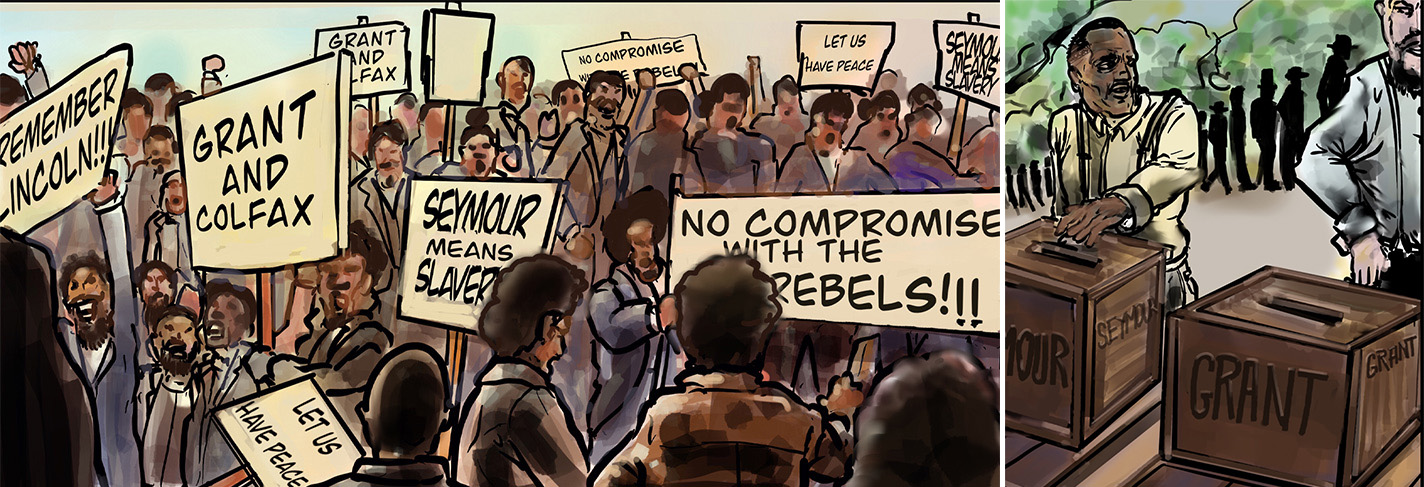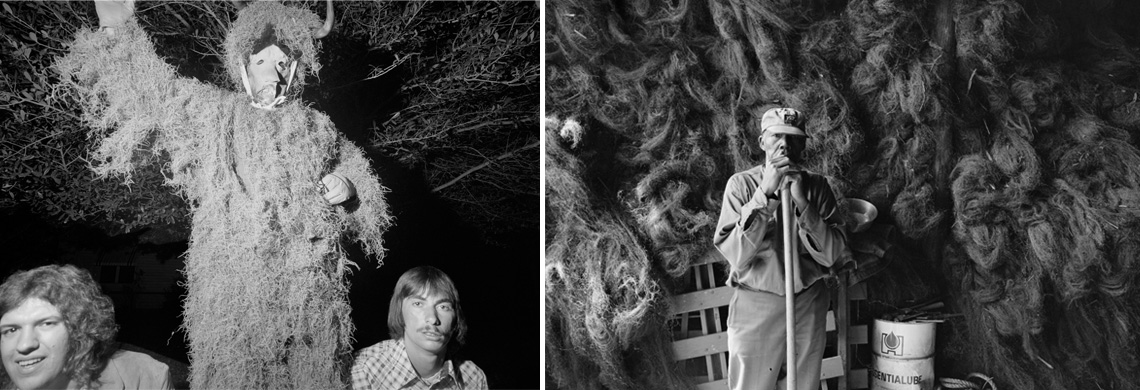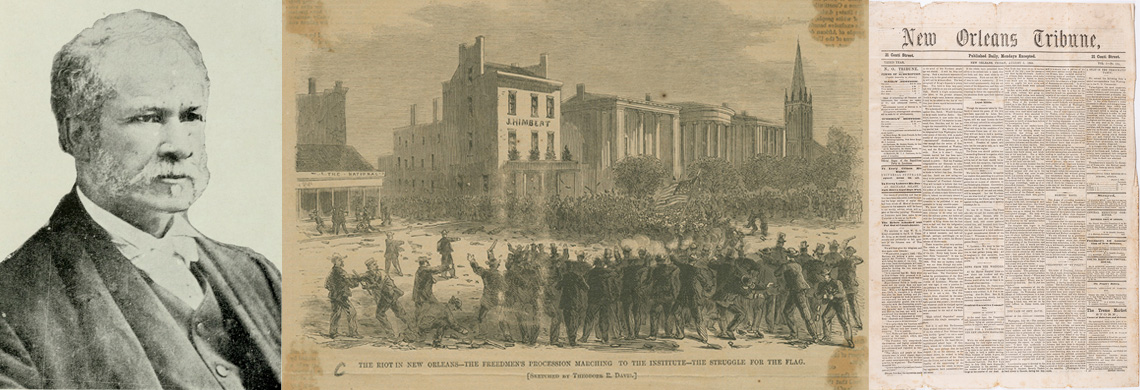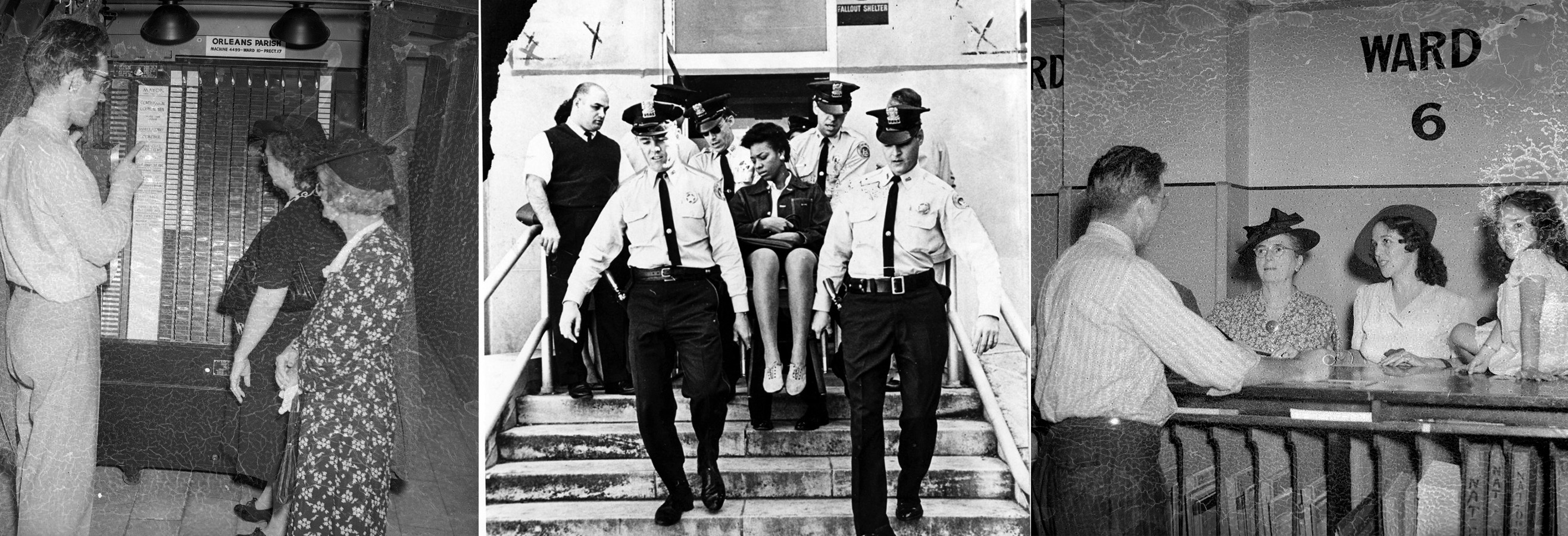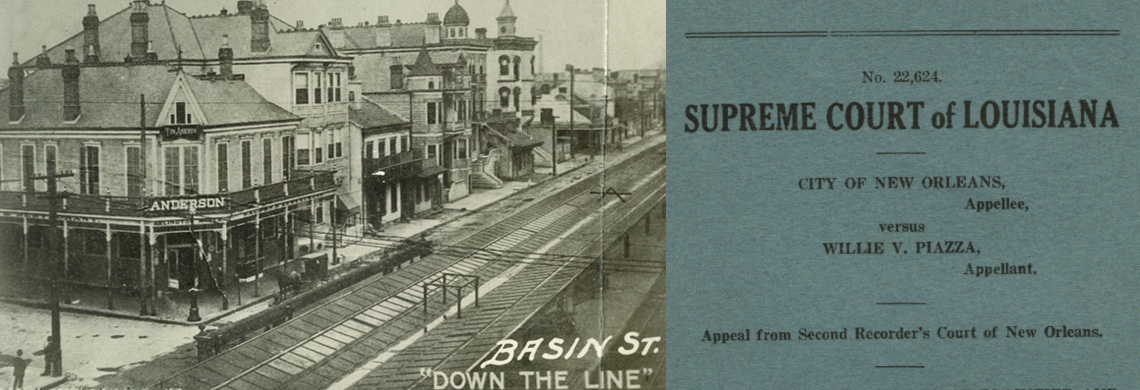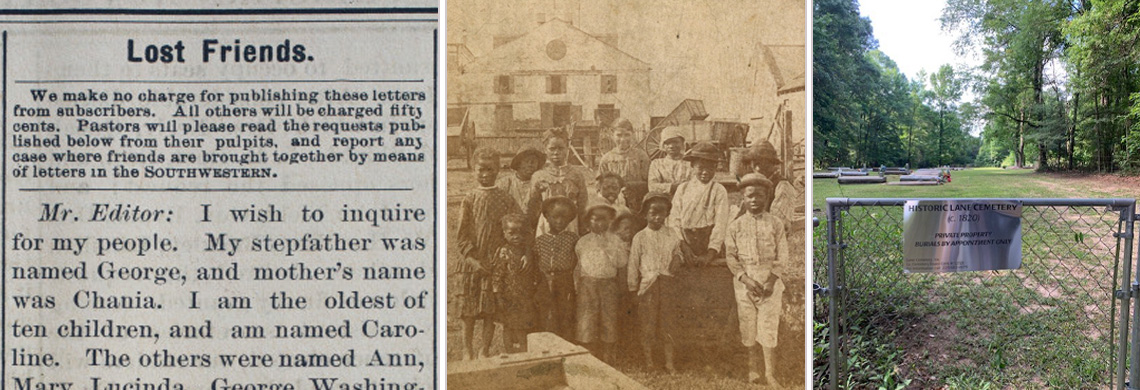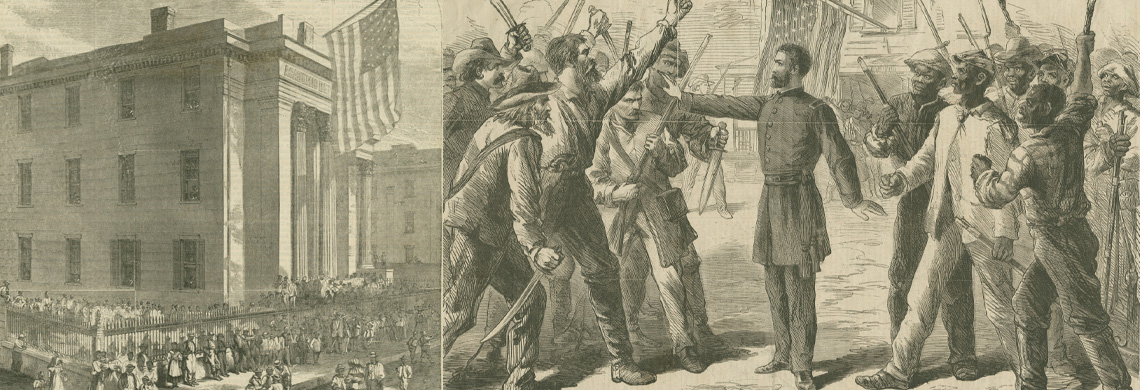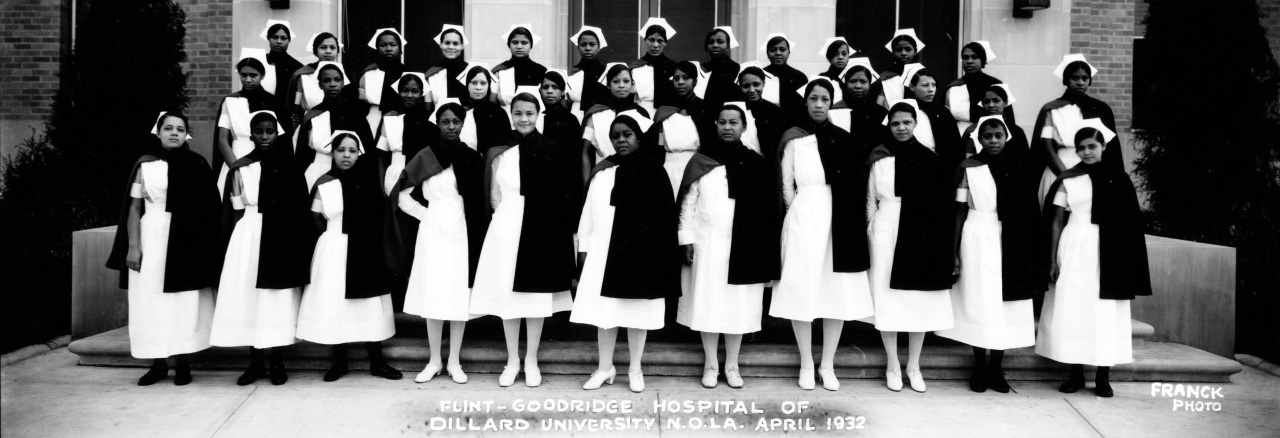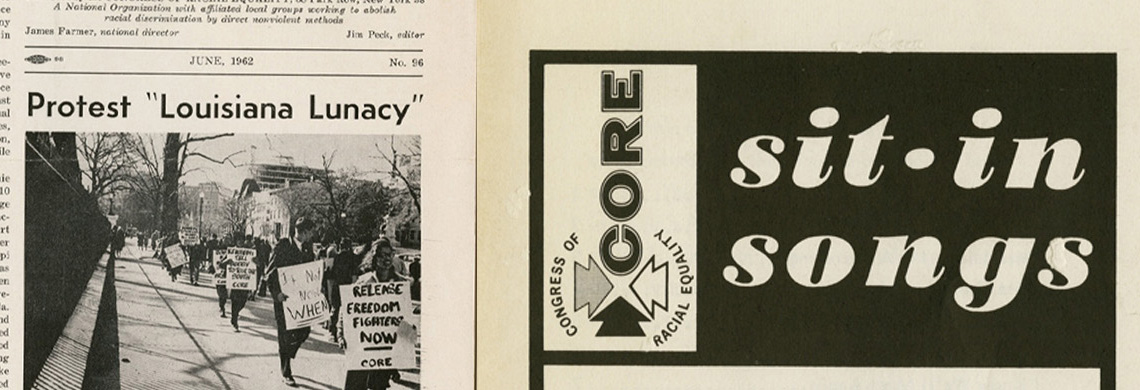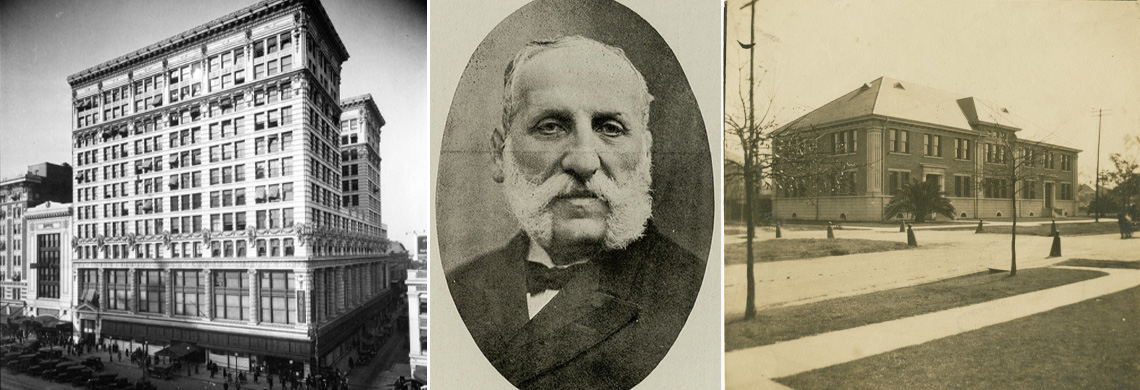In the first presidential election after the Civil War, violence and voter suppression prevented Black voters from exercising their right.
What do we mean when we talk about Cajun Country? The answers are tied up in race, class, language, and, of course, history.
Amid the American Civil War, a new civil rights movement was forming in New Orleans—in French.
Often, the story of women’s suffrage ends at the ratification of the 19th Amendment. Yet, for many women in the South, the fight did not end there.
When the City of New Orleans passed an ordinance to remove black prostitutes from Storyville, Willie Piazza fought back. Her challenge to segregation was an early, though fleeting, victory against Jim Crow.
A new novel and a unique genealogical project are bringing fresh attention to the countless stories of separation and struggle all but forgotten in the tragedy of slavery.
The Freedmen's Bureau was established, in part, to provide for the education of African American children. Records show that demand for that service was often too much for the system to handle.
During Reconstruction, Williams became actively involved in the fight for equity in education and the rights of African American women.
In 1950's and '60s New Orleans, the Congress of Racial Equality used nonviolent tactics to press for racial equality guaranteed under federal law.
Though a local school is named for him, Isidore Newman's cultural contributions to New Orleans are much further reaching.


